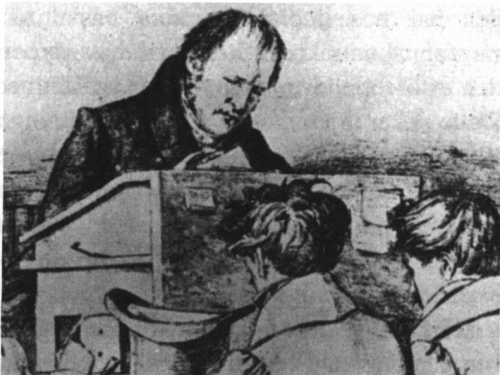
This article was originally published by e-International Relations on 4 November, 2014.
The unfolding global international predicament, with a crescendo of tensions in recent months, has prompted a more upfront reflection on the kind of international order currently prevalent and what future order appears as desirable.
Contours of the Debate
In a piece published by Foreign Affairs entitled “The Return of Geopolitics: the Revenge of the Revisionist Powers,” Walter R. Mead (Mead, 2014) has articulated the view that, after a long interval following the end of the Cold War, the post-historical condition described by Francis Fukuyama in his famous book The End of History and the Last Man (Fukuyama, 1992) may be over for good. That post-historical condition entailed the dissolution of all major ideological conflicts, and consequently of major geopolitical struggles for the control of the planet, as mankind stepped firmly and irreversibly on the path of liberal representative democracy and free market capitalism. Professor Mead argues that both Russia and China, the two large illiberal powers, are now “pushing back against the political settlement of the Cold War.” Consequently, a new confrontation between great powers is looming, in the pretty familiar fashion of conflict over land, sea lanes, the control of continental masses and possibly the oceans. Russia and China are depicted as revisionist powers, whose march towards the final stage of liberal democracy and capitalistic economy can be long and tortuous, while in the meantime “such figures as Putin still stride the world stage.”
